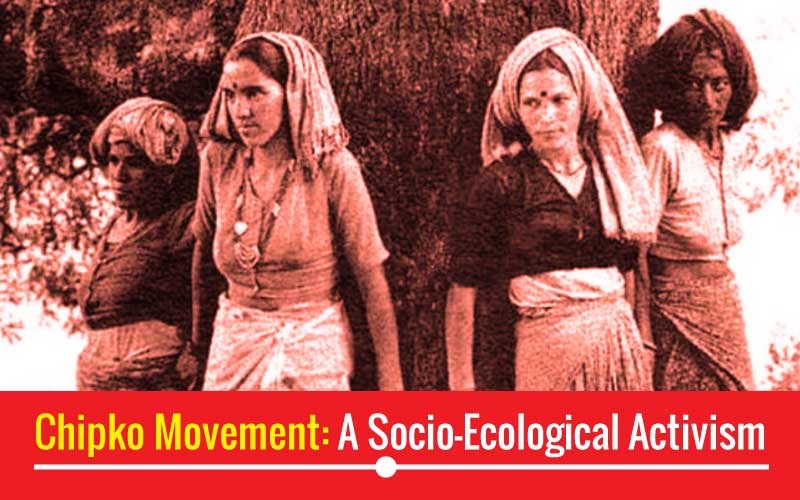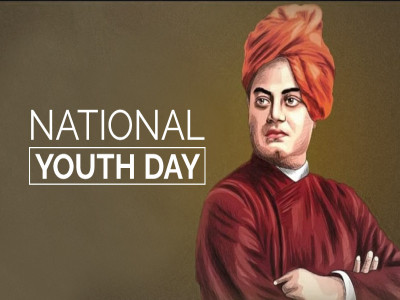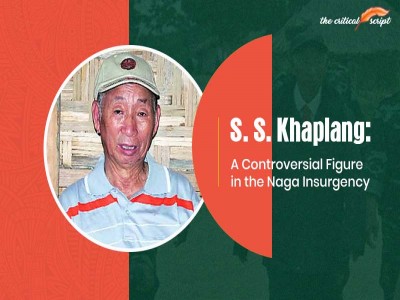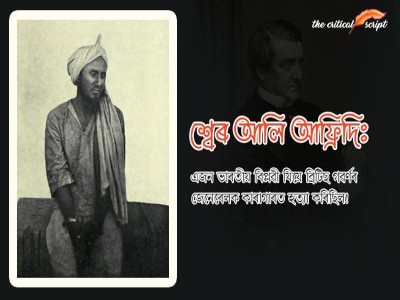
Chipko Movement: A Socio-Ecological Activism
The "Chipko Movement" is a
socio-ecological movement that emerged in the early 1970s in the state of
Uttarakhand, India. The term "chipko" means "to hug" or
"to embrace" in Hindi, and the movement derived its name from the act
of hugging trees to prevent them from being felled.
The movement was triggered by the
increasing deforestation and environmental degradation in the Himalayan region,
which had serious implications for the livelihoods of the local communities, as
well as the ecological balance of the region. The movement was led by women,
who played a central role in the protests, which were largely non-violent and
peaceful.
The Chipko movement began in 1973,
when a group of women from the village of Mandal in the Chamoli district of
Uttarakhand, led by a local activist named SundarlalBahuguna, protested against
the felling of trees by a timber contractor. The women, who were primarily
engaged in subsistence farming and depended on the forest for their livelihoods,
formed a human chain around the trees and prevented the contractor from felling
them.
The success of the protest inspired
similar movements in other parts of the region, and the Chipko movement soon
gained momentum. Women from different villages began to join the protests, and
the movement evolved into a larger socio-ecological movement that sought to
protect the environment and promote sustainable development.
The Chipko movement was successful in
raising awareness about the importance of conservation and sustainable
development, and it led to significant policy changes at the national and
international levels. The movement inspired the establishment of the
Chipko-AppikoAndolan, a larger movement that sought to protect forests and
natural resources across India.
The Chipko movement is widely
regarded as a pioneering movement in the field of environmentalism and
eco-feminism. The movement emphasized the interdependence between human beings
and nature, and it highlighted the need for a more holistic and sustainable
approach to development.
The Chipko movement has also had a
profound impact on popular culture and art. The movement inspired a number of
songs, poems, and films, which celebrated the spirit of resistance and
resilience of the local communities. The movement also inspired a number of
artists and writers to engage with issues of environmentalism and social
justice.
In conclusion, the movement inspired
a number of policy changes at the national and international levels. The
movement continues to inspire environmental activists and social justice
advocates around the world.
Disclaimer: The opinions expressed in this article are those of the author's. They do not purport to reflect the opinions or views of The Critical Script or its editor.

Newsletter!!!
Subscribe to our weekly Newsletter and stay tuned.

















Related Comments